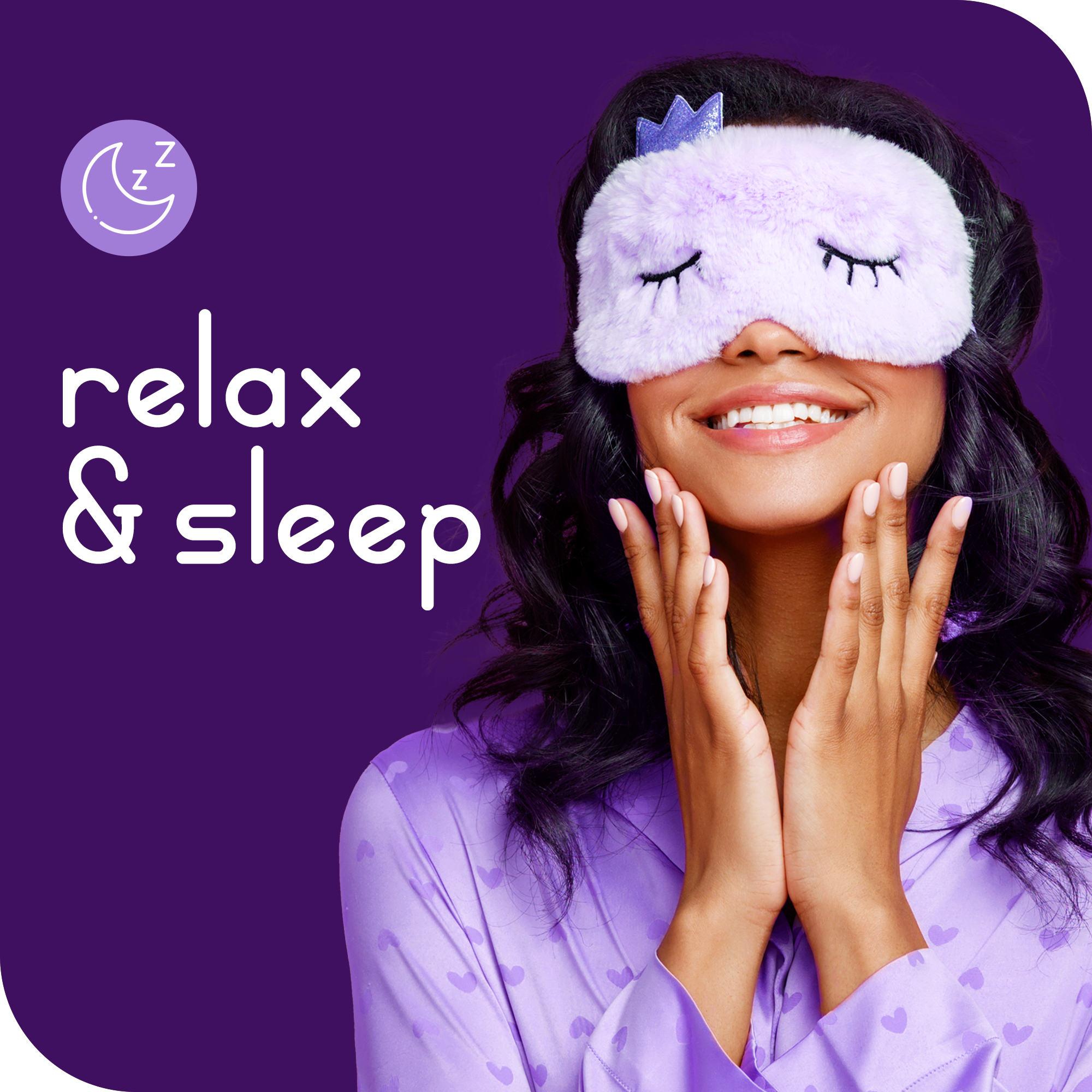If you find yourself tossing and turning at night, staring at the ceiling, or waking up feeling unrefreshed, you’re not alone. Millions struggle with poor sleep quality and chronic stress—often turning to prescription sleep aids or over-the-counter remedies that may cause side effects or dependency.
But what if a common mineral could help support more restful sleep and a calmer mind? We take a look at the evidence behind magnesium glycinate tablets for better sleep, explaining how it works and the right way to take it.
Struggling to Sleep? Magnesium Glycinate Tablets Might Be the Natural Solution
Magnesium, often referred to as the “relaxation mineral,” plays a vital role in the nervous system and overall brain function. It helps regulate neurotransmitters involved in sleep, such as gamma-aminobutyric acid (GABA), and supports melatonin production, your body’s sleep hormone. When magnesium levels are optimal, your body is better equipped to relax, fall asleep more easily, and stay asleep through the night.
In fact, magnesium deficiency has been associated with insomnia, restlessness, and increased anxiety—especially in people under stress or those with poor dietary habits. Many people are unaware that modern diets, rich in processed foods and low in leafy greens, nuts, and whole grains, can lead to low magnesium levels over time.
Why Magnesium Is the Secret to Better Sleep & Stress Relief
Beyond its role in promoting sleep, magnesium is a powerful ally for mental and physical relaxation. It helps regulate the body’s stress-response system by influencing the activity of the hypothalamic-pituitary-adrenal (HPA) axis, which controls the release of cortisol—the hormone associated with stress. When this system is out of balance, it can contribute to anxiety, mood swings, and fatigue.
Magnesium also supports muscle relaxation and can help ease physical tension, making it particularly beneficial for people who carry stress in their bodies or suffer from tension headaches or muscle cramps. This makes it a popular choice among athletes and those with physically demanding routines, but it’s equally important for anyone looking to unwind at the end of a long day.
Supplementing with magnesium, especially in the form of well-absorbed and tummy-friendly magnesium glycinate tablets, can be a natural and non-habit-forming way to improve sleep quality and enhance resilience to stress. Clinical studies have shown that magnesium supplements may reduce the time it takes to fall asleep, improve sleep efficiency, and increase total sleep time, particularly in older adults or people with sleep disorders.
Tips for Getting the Most from Magnesium
To maximise the benefits of magnesium for sleep and relaxation:
-
Choose the right form: Magnesium glycinate is especially known for its calming effects, while citrate can support digestion alongside sleep.
-
Take it in the evening: Magnesium has a natural sedative effect, so taking it 1–2 hours before bedtime is ideal.
-
Combine it with a bedtime routine: Pair magnesium with screen-free time, meditation, or gentle stretching for even greater relaxation.
-
Mind your intake: Aim to get magnesium through both diet and supplements. Foods like pumpkin seeds, almonds, spinach, and dark chocolate are excellent natural sources.
Natural and Safe
In a fast-paced world filled with constant stimulation, getting quality sleep and managing stress can feel like a daily challenge. Magnesium offers a simple, natural, and evidence-backed solution that supports both your nervous system and your ability to unwind. Whether you’re dealing with occasional sleeplessness or chronic stress, restoring your magnesium levels could be the first step toward deeper rest and better wellbeing.
Before starting any supplement, it’s always wise to speak to your doctor, especially if you have existing health conditions or are taking medications. But for many, magnesium might just be the missing link to a calmer, more restorative night’s sleep.
Further Reading
12 Symptoms of Magnesium Deficiency & How to Fix Them









